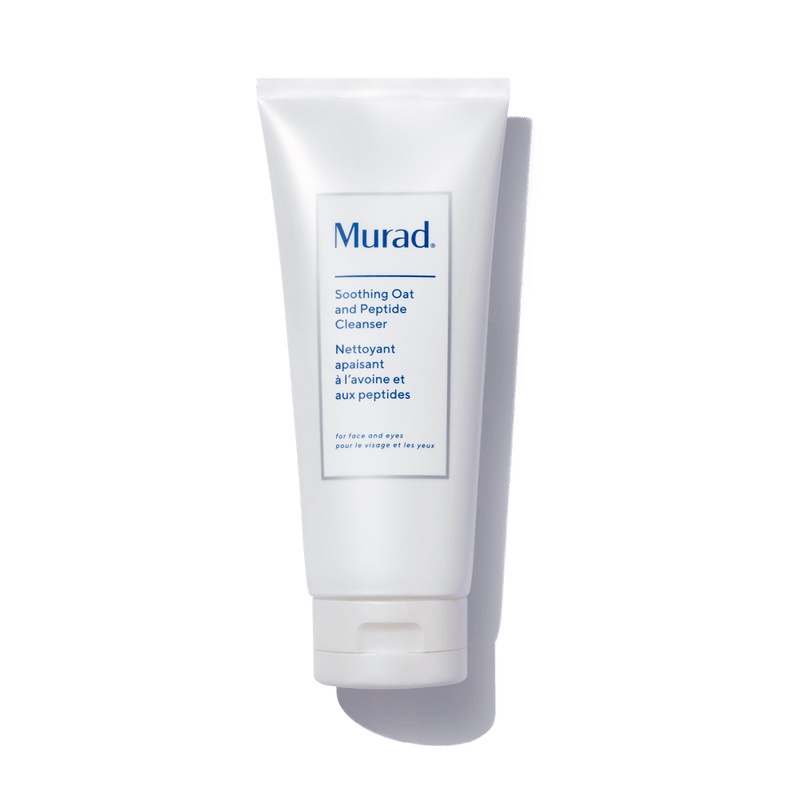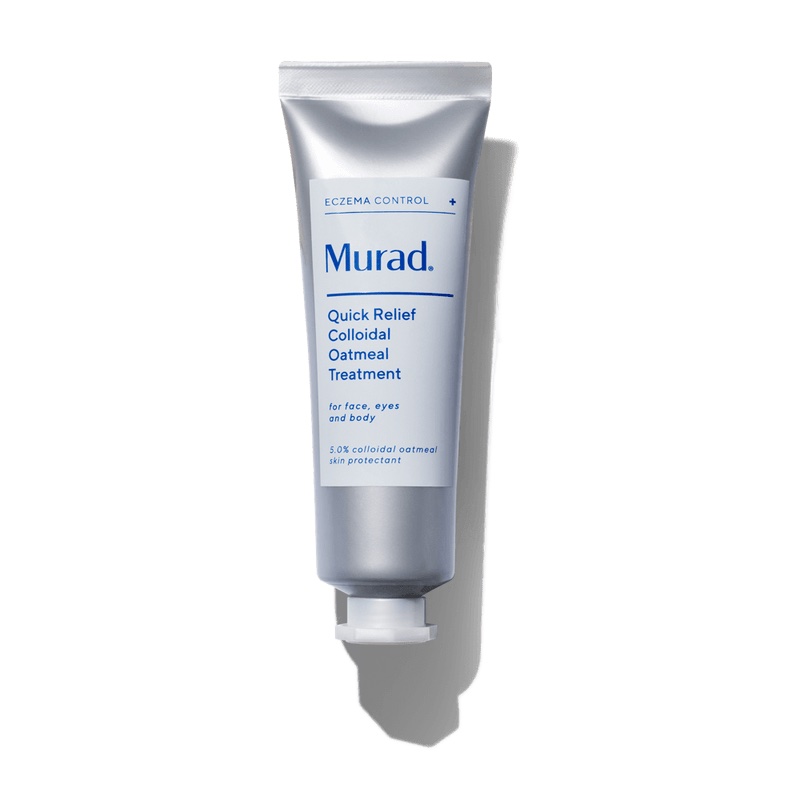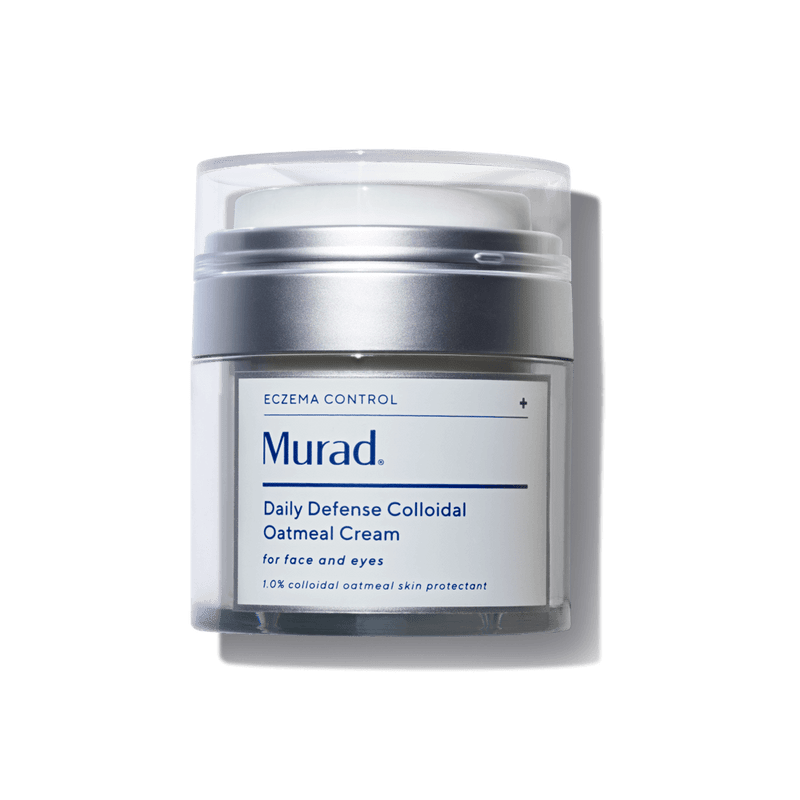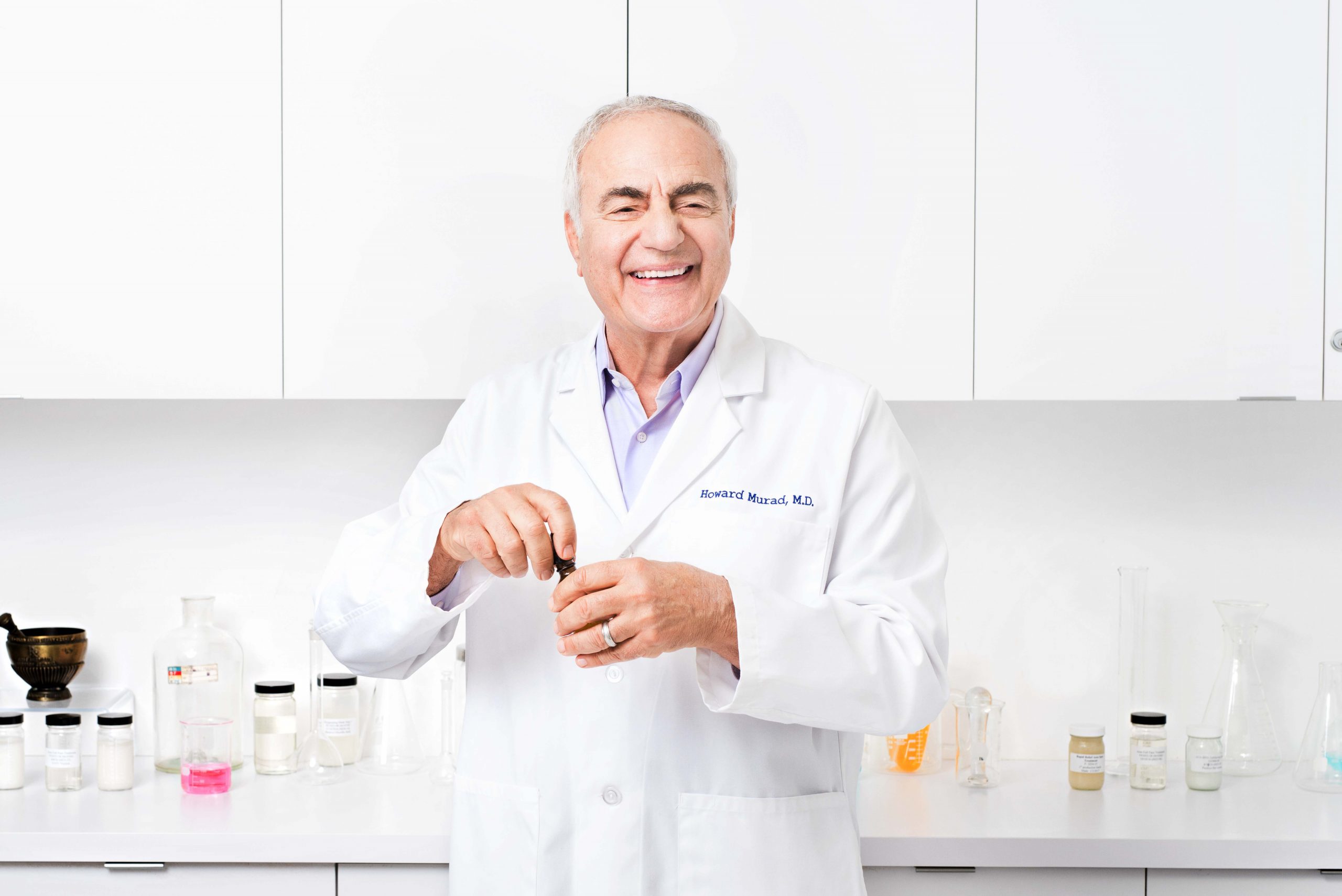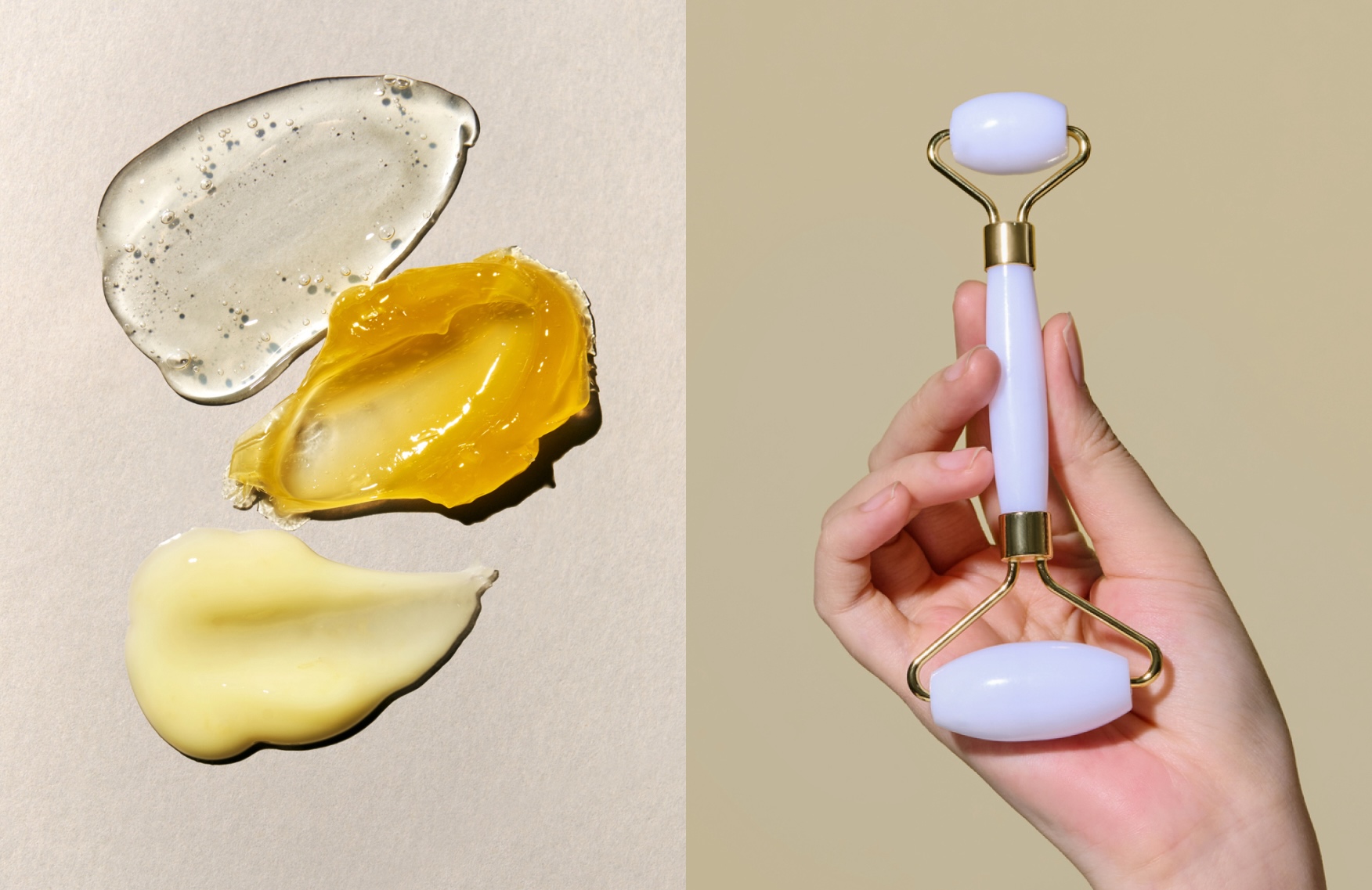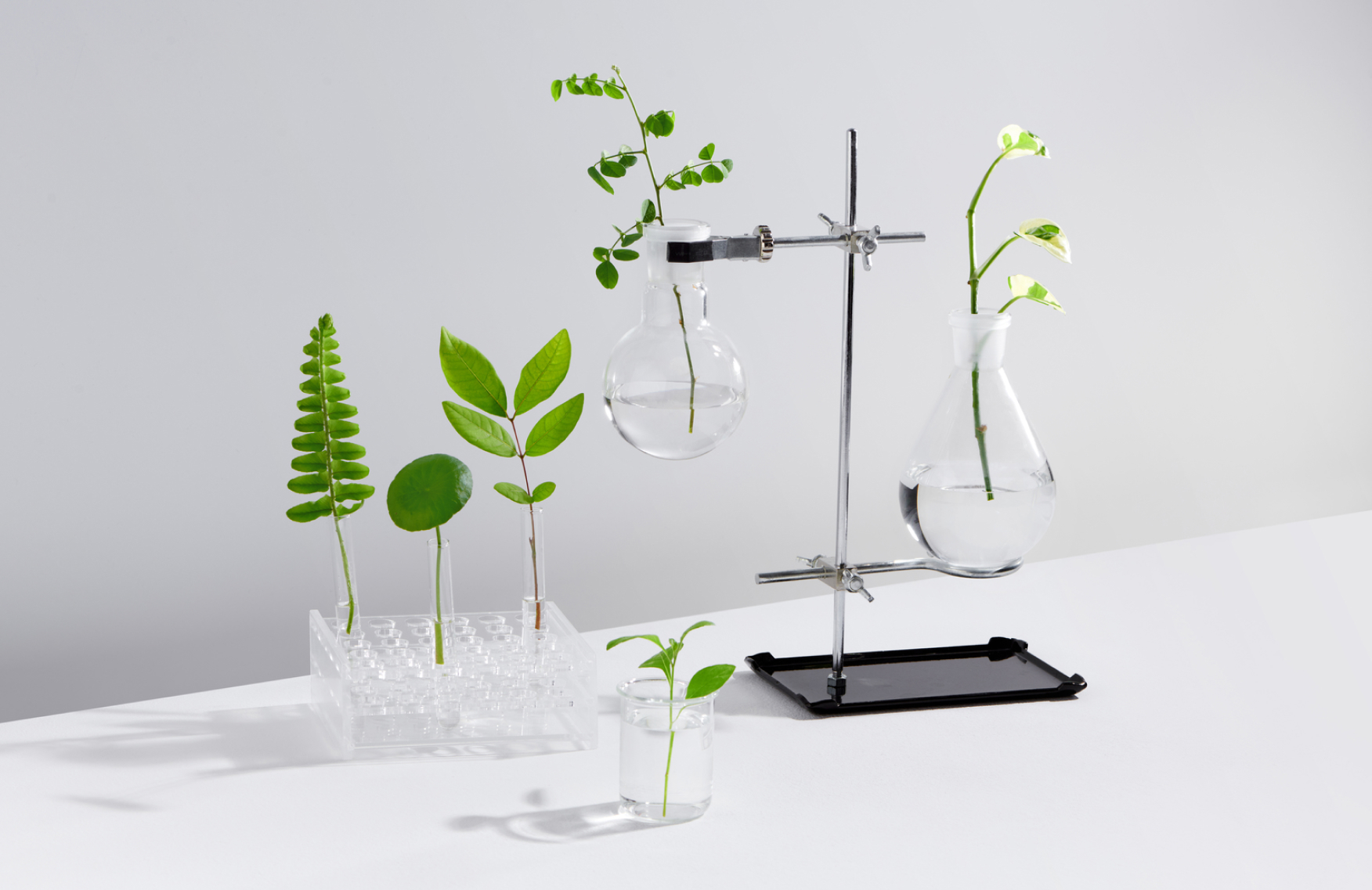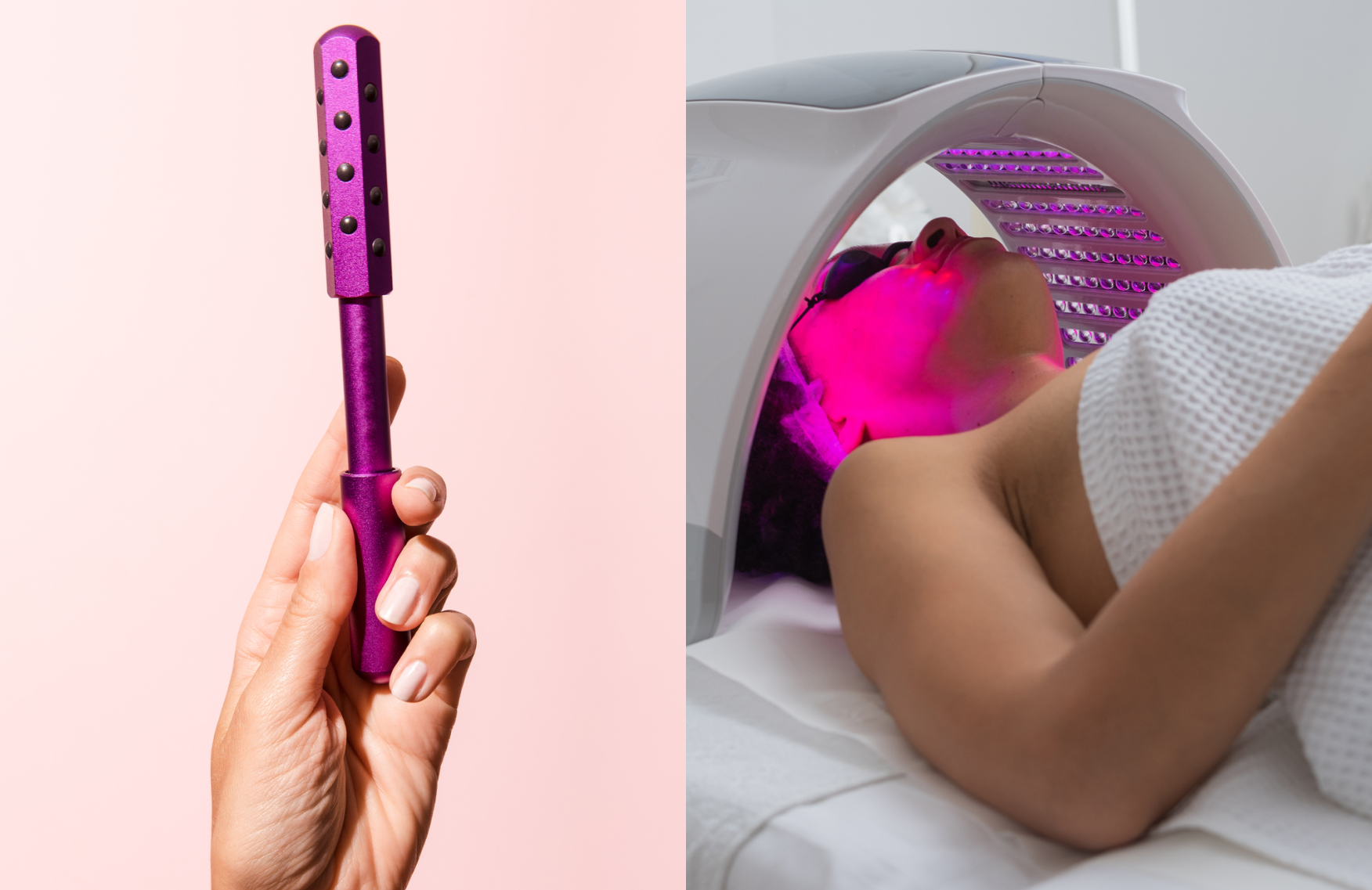Managing rosacea and redness: Get real solutions from a dermatologist
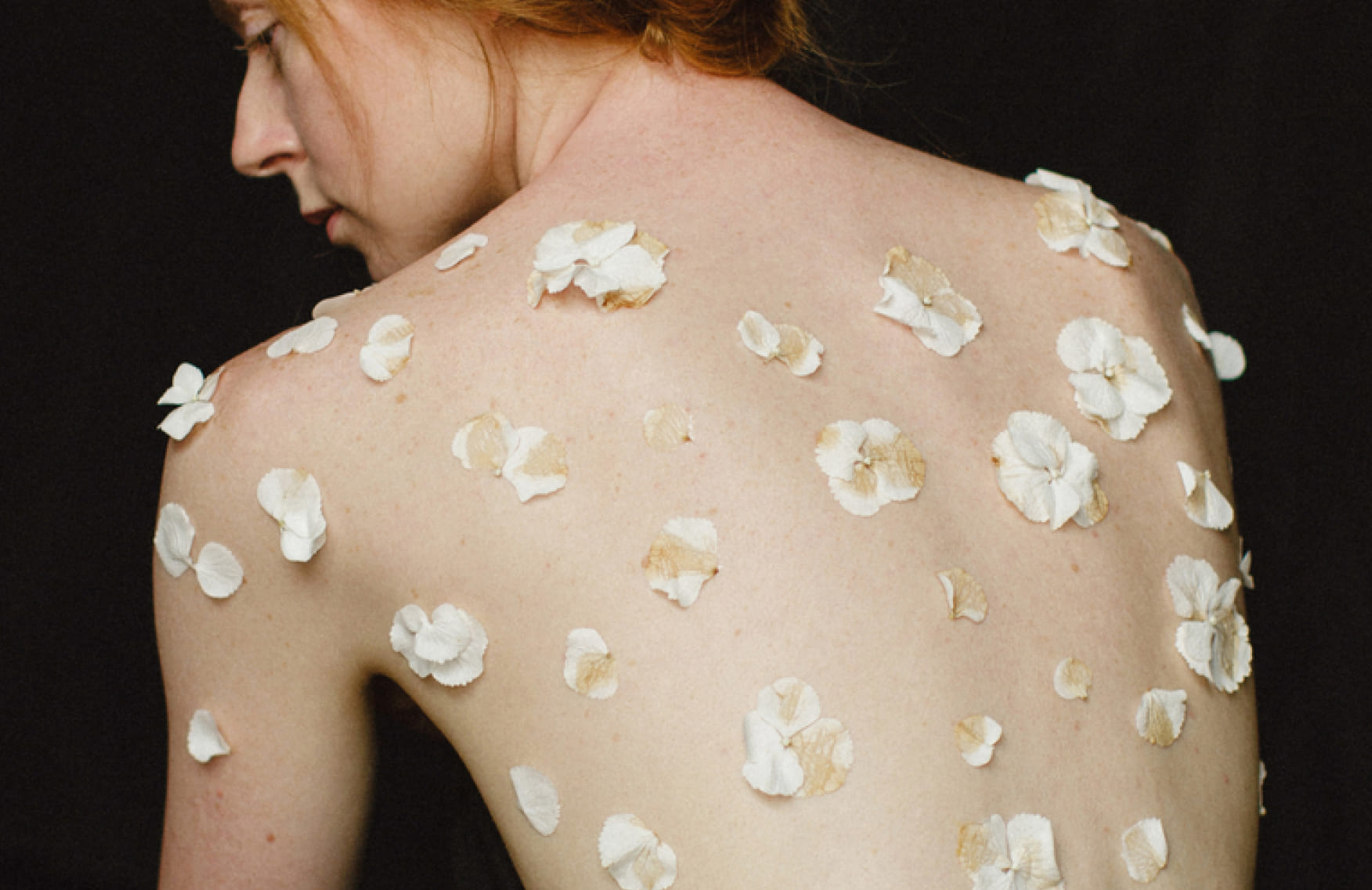
One of the most emotionally challenging skin conditions I see as a dermatologist is rosacea. With redness and bumps that can be mistaken for acne, it can lead to the same kind of feelings of embarrassment and isolation in adults as acne does in teens. Because it is a chronic skin condition with no known cause or cure, lifestyle modification and targeted, consistent, gentle skincare are essential to managing the condition.
Symptoms of rosacea typically include persistent redness on the nose, chin, cheeks or forehead and may also include small bumps or pimples; spider veins; and watery, irritated eyes. While anyone can experience rosacea, it’s a condition that most often afflicts middle-aged women with fair complexions, and it tends to run in families. A key component to managing the condition is avoiding these known triggers for rosacea flare-ups.
Avoid extreme temperatures, strenuous exercise, hot baths, and saunas
Through dilation and contraction of blood vessels, the skin plays a big role in helping the body to regulate temperature. Both extreme heat (e.g., saunas) and cold can cause a rapid flow of blood to the skin’s surface that causes it to flush red. In extreme heat, the body tries to dissipate heat from its core, and in extreme cold, the body tries to defend the skin and extremities from the damaging effects of cold, such as frost bite.
Avoid hot foods, hot beverages, spicy foods, and alcohol
These can trigger dilation of the blood vessels, just like the body’s response to extreme heat.
Avoid sunlight
UV light from the sun damages the skin both in the short term, by gradually raising the skin’s surface temperature as it burns, and in the long term, by damaging collagen, DNA, immune cells and vascular structures within in the skin. That’s why it is essential to wear broad-spectrum sunscreen every day, regardless of the weather. An ideal choice is a mineral sunscreen (zinc oxide or titanium dioxide), as mineral sunscreens are better tolerated by rosacea-prone skin.
Avoid stress, anger, and embarrassment
All of these emotions can cause us to flush red. Just as with extreme temperatures, the body uses the skin as a buffer to regulate spikes and drops in blood pressure that can be associated with extreme emotional states.
Avoid skincare products with known irritants
Rosacea-prone skin is sensitive and easily irritated. To avoid triggering flare-ups, I recommend a gentle daily face wash that has been specifically formulated to be extra gentle and to help calm the skin. I also recommend treatment products with hyaluronic acid, as dehydration can be a precursor to flare-ups and redness. Try a gentle, hydrating skincare kit that contains everything you need.
Even if you don’t suffer from all the symptoms of rosacea, you may find that following these general recommendations for redness management can help you with occasional episodes of tight, red or dry skin. Topical products formulated to calm rosacea-prone skin are also great for calming skin that’s been over-exposed to sun or cold weather and after cosmetic procedures that can irritate your skin, such as waxing or hair removal.
The views expressed in this article do not necessarily represent the views of Murad, and are for informational purposes only, even if the advice of physicians and medical practitioners are included. This article is not a substitute for professional medical advice, diagnosis or treatment, and should not be considered specific medical advice.
